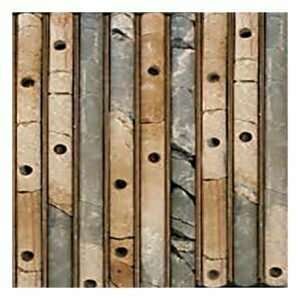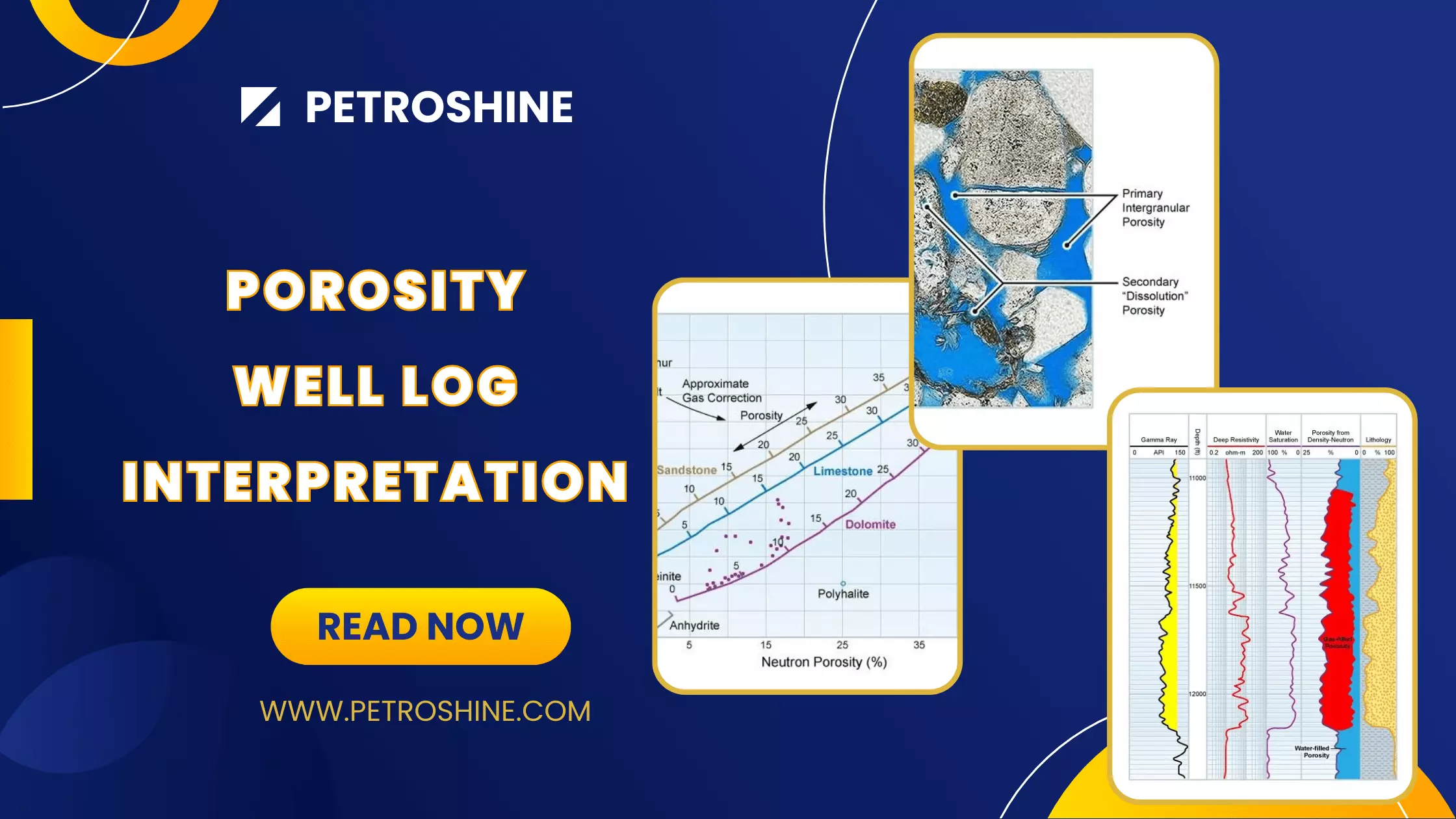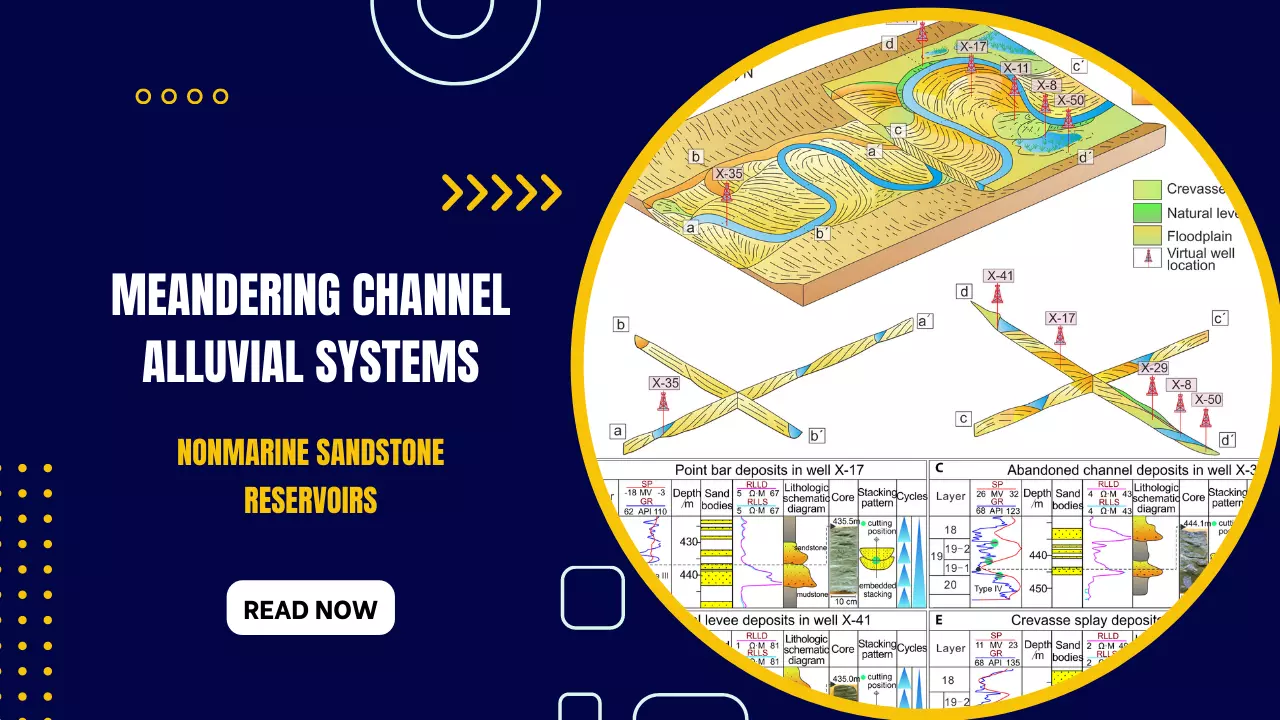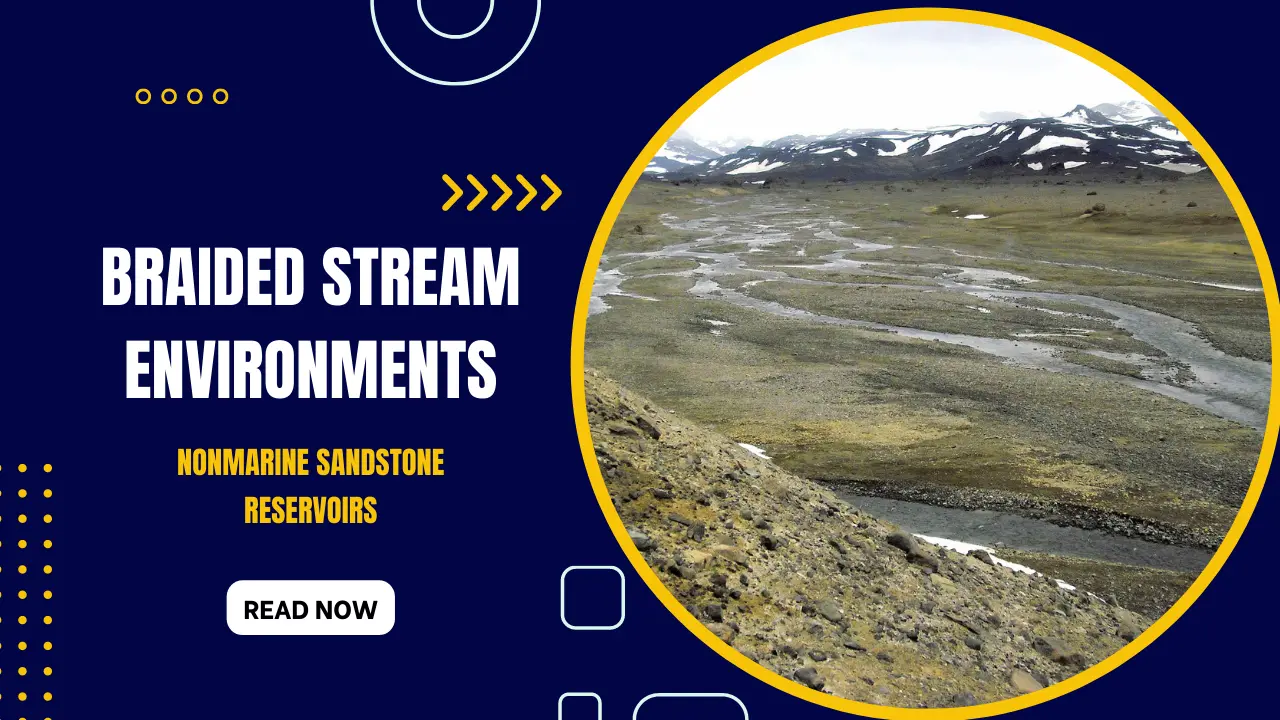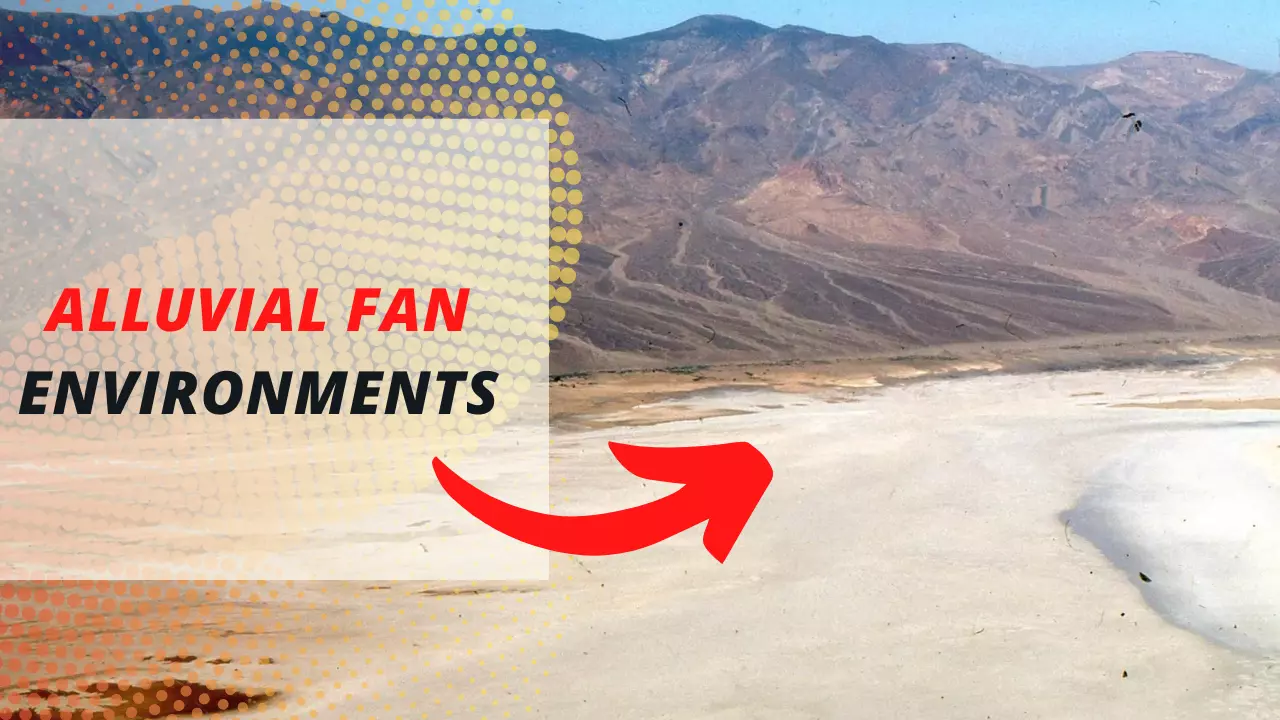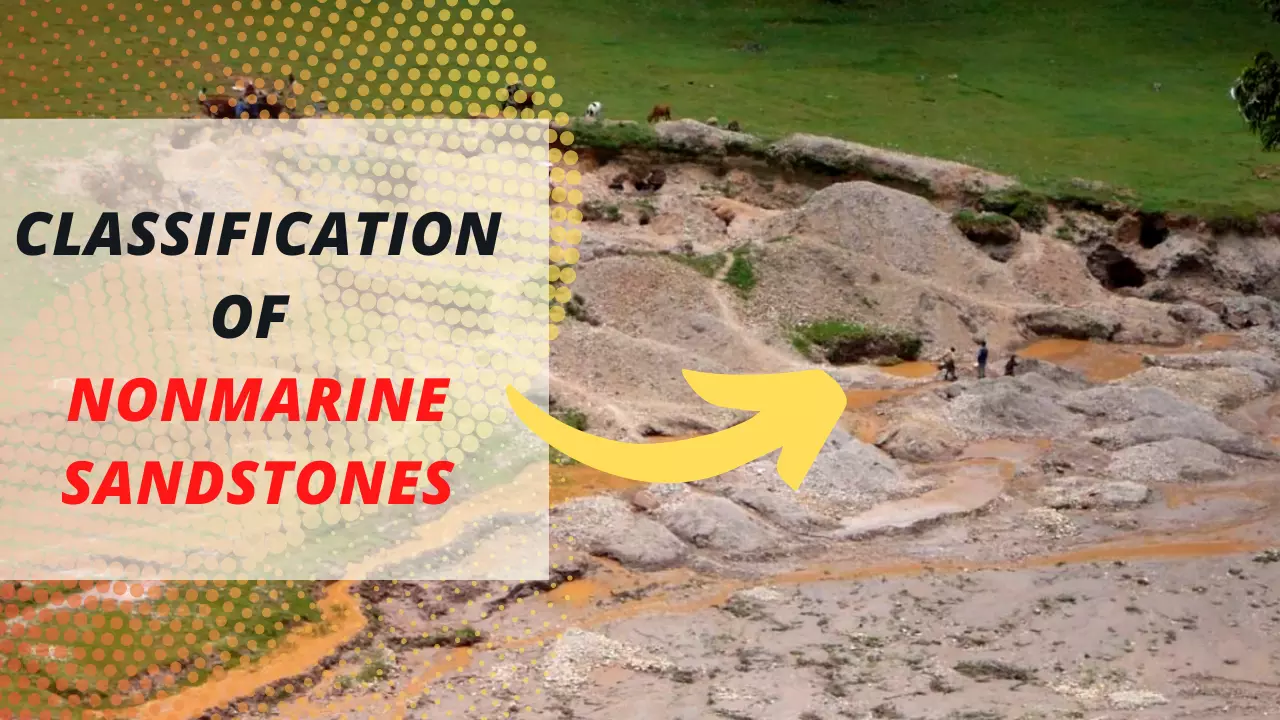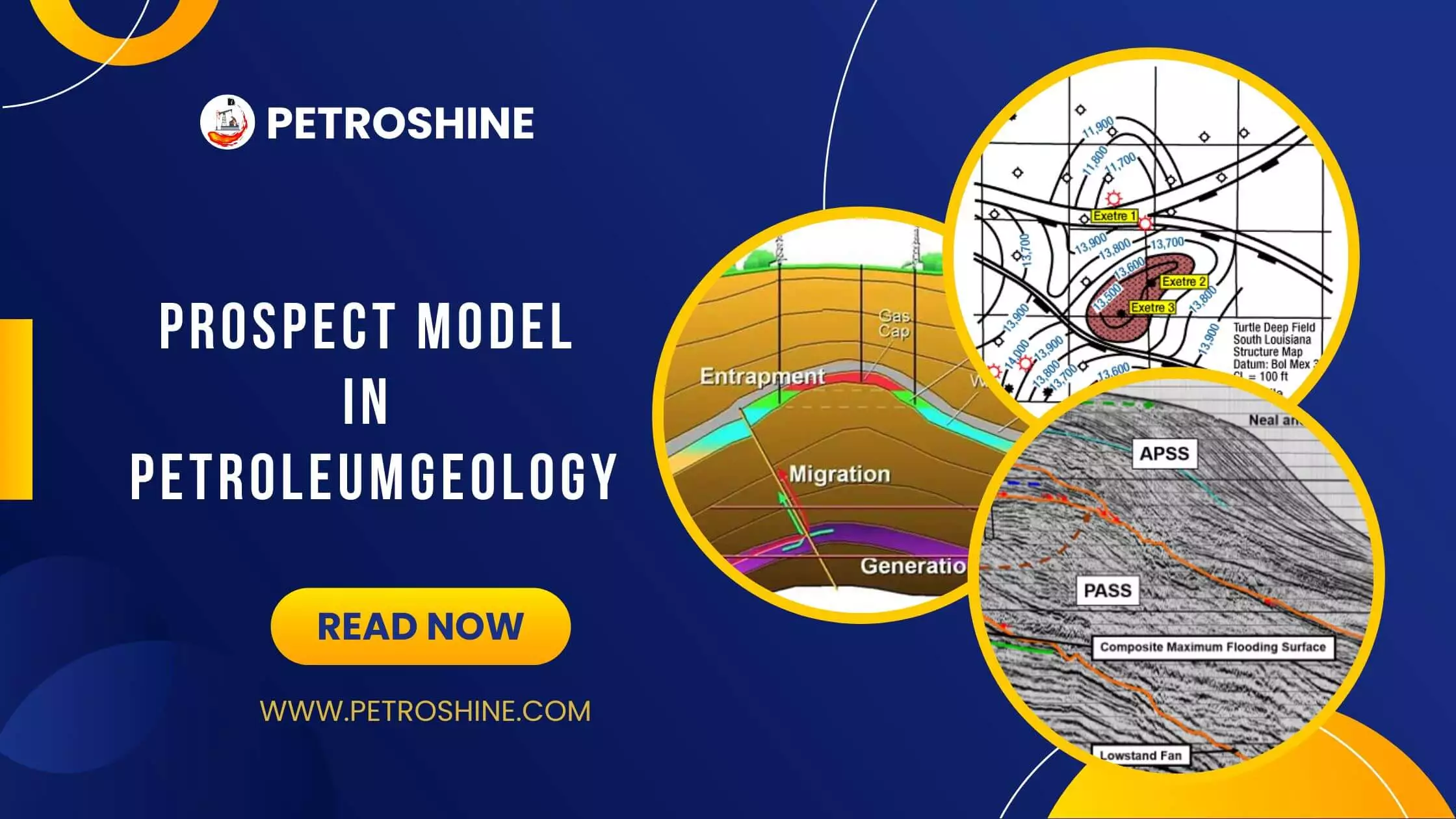Enhance your data analysis capabilities with Techlog software, revolutionizing the way you interpret tech data.
Read More »Lithology Identification From Well Logs
After completing this course "Lithology Identification From Well Logs", you will be able to: Use spontaneous potential (SP) logs ...
Read More »Porosity | What is porosity in well logging?
Porosity | What is porosity in well logging? After completing this course "Porosity", you will be able to:
Read More »Shale Content | Shale Content and Petrophysical Evaluation
After completing this course "Shale Content", you will be able to: Summarize the process for interpreting well logs in …
Read More »Eolian Environments | Eolian Environment in Petroleum Geology?
Eolian Environments: Most of the earth's desert regions are in a state of approximate depositional equilibrium, where sedimentation and ...
Read More »Meandering Channel Alluvial Systems
Introduction A meandering Channel or stream has a single channel that winds snakelike through its valley, so that the distance ‘as the stream flows’ is greater than ‘as the crow flies. ‘ As water flows around these curves, the outer edge of water is moving faster than the inner. With greater …
Read More »Braided Stream Environments
Braided stream: Many present-day alluvial fans grade laterally into the alluvial plain of a braided river; that is ...
Read More »Alluvial Fan Environments
Alluvial fans represent an environment of sudden transition, where narrow, steep mountain or upland valleys disgorge sediment onto ...
Read More »Classification of Nonmarine Sandstones
Usually, there are no quick and easy methods that distinguish nonmarine from marine rocks. A few general rules of ...
Read More »Prospect Model in Petroleum Geology
In the ever-evolving field of petroleum geology, understanding the prospect model is crucial for unlocking the secrets of resource ...
Read More » Petro Shine The Place for Oil and Gas Professionals.
Petro Shine The Place for Oil and Gas Professionals.
